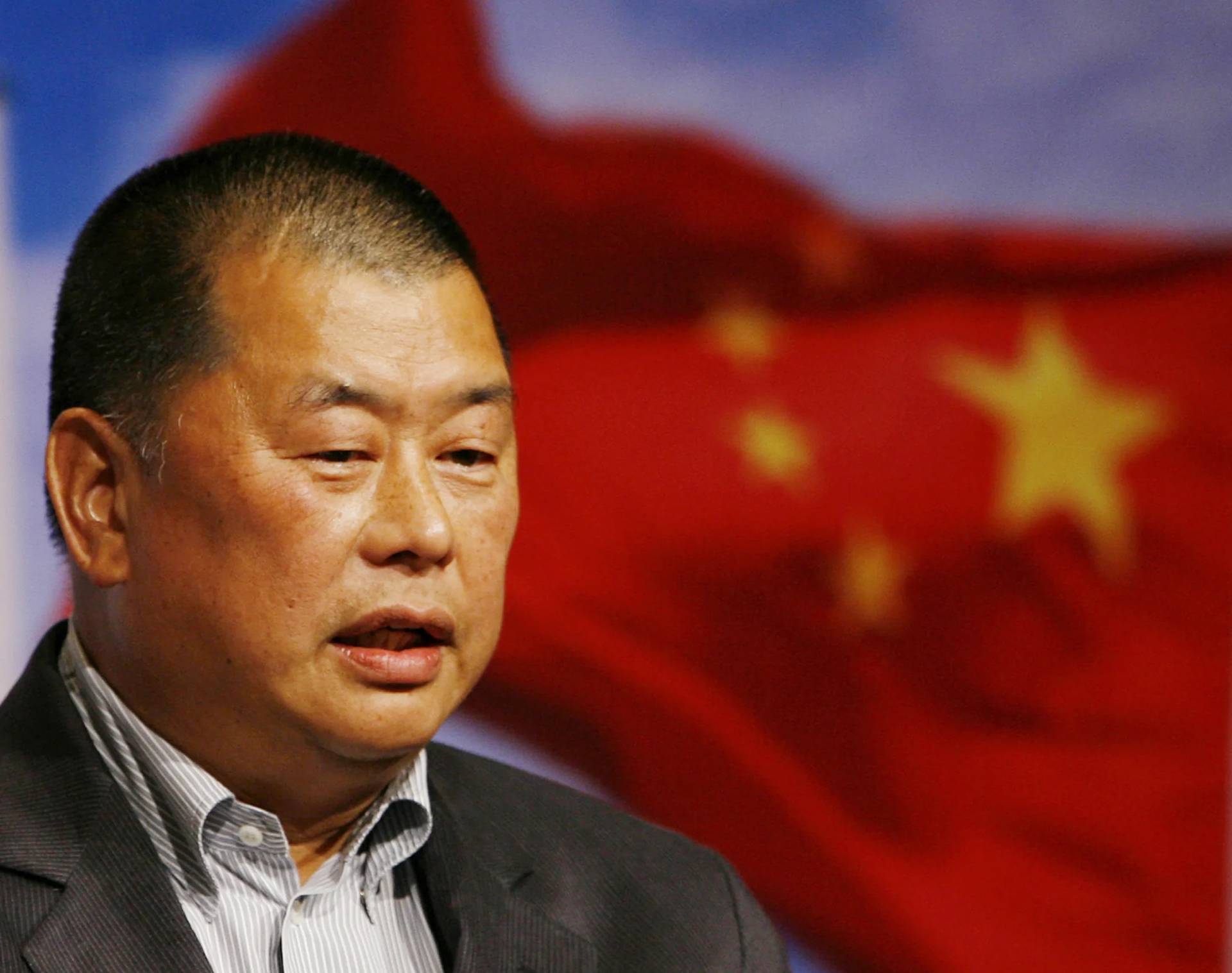NEW YORK – This past summer, Tursunay Ziyawudun took the stage at the International Religious Freedom Summit in Washington D.C. and described the torture she witnessed and survived as a Uyghur Muslim in a concentration camp run by the Chinese government.
Ziyawudun, who is from the Xinjiang Uyghur Autonomous Region in northwest China, said she was locked up in the concentration camps twice. She recounted watching people die and a young woman raped, as well as facing beatings and rape herself at the hands of China’s police.
All of it is done to “destroy” the “culture, language and religion” of the Uyghur Muslims.
“Millions of Uyghurs are suffering, and they are alive only because they have the hope and belief that there is justice in the world,” Ziyawudun said. “My people, who have been experiencing a genocide for the past five years, are waiting for help from you and from all of humanity.”
Ziyawudun eventually escaped Xinjiang to the U.S. and in recent years has sounded the alarm on the abuses against the Uyghurs and other religious minorities by the Chinese government. The abuses – including the concentration camps, restrictions on religious freedom and forced labor and sterilizations – were declared genocide by Trump administration Secretary of State Mike Pompeo in early 2021, as did the Biden administration a few months later. Other countries have since done the same. The U.S. and other countries have imposed sanctions on China, too.
Both chambers of the U.S. Congress also recently passed the Uyghur Forced Labor Prevention Act with strong bipartisan support with the expectation it’ll be signed by President Joe Biden before the New Year. The bill ensures goods made with slave labor from Uyghurs and others in Xinjiang won’t enter the U.S. marketplace.
There have been hardly any actions, however, directed towards China that’ll impact it maximizing the opportunity to host the 2022 Winter Olympics in Beijing other than the diplomatic boycotts announced by the U.S. government and some other countries.
Now, with the games set to begin on Feb. 4, two of the nation’s leading religious freedom advocates believe more needs to be done to hold the Chinese government accountable.
“The international community should not provide this kind of platform and opportunity to normalize the criminal behaviors of the Chinese Communist Party,” Nury Turkell, the Vice Chair of the U.S. Commission on International Religious Freedom (USCIRF) told Crux. “This kind of global stage is an important tool to project a loveable image for the country; it’s a way they can distract and divert attention from the important issues.”
In particular, Turkell suggested that “we need to address corporate sponsors that are sponsoring the genocide Olympics.” He explained two reasons why action from these entities is important.
One is the same reason he considers the federal government’s diplomatic boycott “crucial,” which is the Chinese government “cannot stand being in a bad spotlight in public.”
The second, Turkell said, is that it would impact the Chinese government’s economic interests.
“The Chinese Communist Party is able to claim power because of their economic influence to buy silence around the world,” Turkell said. “If corporate America takes responsibility and international organizations step up, that would be a very powerful message to Beijing that the international community would not tolerate the type of behaviors that we’ve been seeing.”
The International Olympic Committee’s top sponsors are Airbnb, Alibaba Group, Allianz, Atos, Bridgestone, Coca-Cola, Intel, Omega, Panasonic, P&G, Samsung, Toyota and Visa, according to its website. NBC has the American broadcasting rights to the games. None of the organizations have publicly commented on or condemned the human rights abuses in Xinjiang.
Sam Brownback, the former Ambassador-at-Large for International Religious Freedom under the Trump administration told Crux he’s been working with different groups to push western advertisers of the 2022 Winter Olympics to secure a date that the concentration camps will be closed, and to pull their advertising if a date isn’t provided.
Brownback said he remains “hopeful” that some sponsors will boycott if the Chinese Communist Party doesn’t announce they’re going to close these camps. His plea to sponsors is simple: “Don’t lead with your dollars, lead with your heart.”
Turkell, who was sanctioned on Dec. 21 along with three other USCIRF commissioners for their outspokenness against the treatment of the Uyghurs and other religious minorities in Xinjiang, called on other countries to have at least a diplomatic boycott of the games. He said “publicly naming and shaming” is another important tool.
Turkell also called on the athletes to take a stand.
“We also expect the athletes to use their participation in this genocide Olympics to make a statement,” Turkell said, acknowledging it’s a risky move. “They can compete but at the same time call them out. They’re competing with the backdrop of genocide.”
Recently confirmed U.S. Ambassador-at-Large for International Religious Freedom Rashad Hussain declined Crux request for comment.
In the event that China doesn’t suffer any consequences, particularly economic consequences, Brownback fears the precedent that could set moving forward.
“They’re going to pay a price, but let’s say they don’t pay any economic price, it’ll just back up their theory of how they view the world, that the world is controlled by money, and they can as long as they’ve got money, they can control the world,” Brownback said.
Follow John Lavenburg on Twitter: @johnlavenburg















